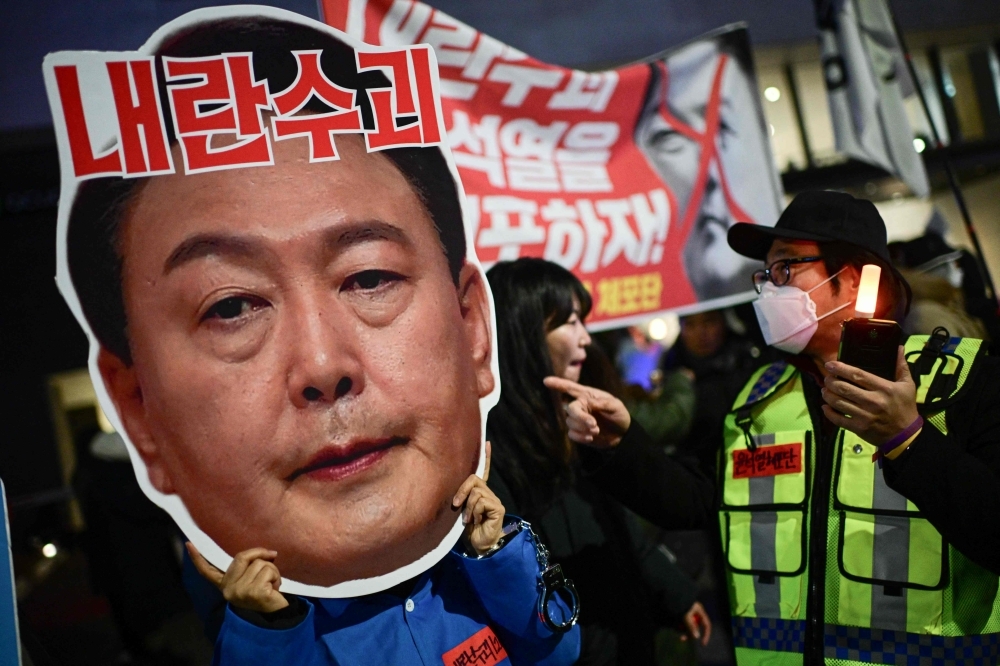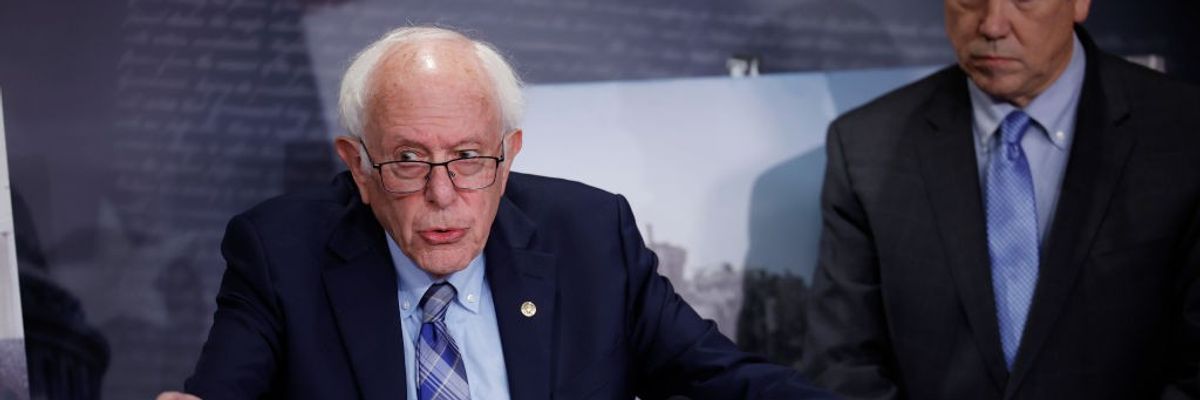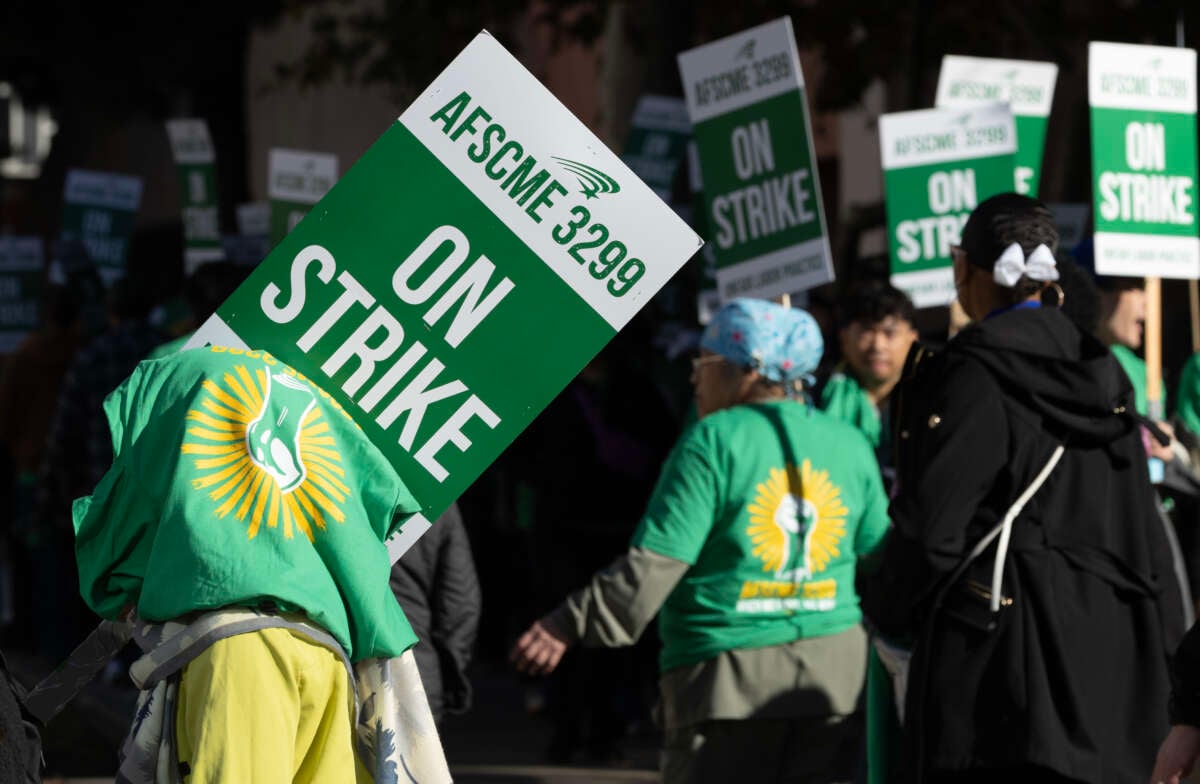Try and try again: South Korean Opposition plans new impeachment push against President Yoon Dec 14

SEOUL, Dec 8 — South Korea’s main opposition party said Sunday it will try again to impeach President Yoon Suk Yeol after his declaration of martial law.
Meanwhile police arrested the defence minister in charge of the martial law operation, and the interior minister resigned. Both they and Yoon are being investigated for alleged insurrection.
Yoon averted impeachment late Saturday as huge crowds braved freezing temperatures in another night of protests outside parliament to demand the president’s ouster.
Opposition parties proposed the impeachment motion, which needed 200 votes in the 300-member parliament to pass, but a near-total boycott by Yoon’s People Power Party (PPP) doomed it to failure.
Lee Jae-myung, leader of the main opposition Democratic Party (DP), said Sunday that they will try again on December 14.
“Yoon, the principal culprit behind the insurrection and military coup that destroyed South Korea’s constitutional order, must either resign immediately or be impeached without delay,” Lee told reporters.
“On December 14, our Democratic Party will impeach Yoon in the name of the people.”
‘Soft coup’
In exchange for blocking his removal from office, Yoon’s People Power Party (PPP) said that it had “effectively obtained (Yoon’s) promise to step down”.
“Even before the president steps down, he will not interfere in state affairs, including foreign affairs,” PPP leader Han Dong-hoon said Sunday after a meeting with Prime Minister Han Duck-soo.
This will “minimise the confusion to South Korea and its people, stably resolve the political situation and recover liberal democracy”, Han told reporters.
But Lee and the National Assembly speaker Woo Won-shik, both from the opposition Democratic Party (DP), on Sunday called the arrangement illegal.
“For the prime minister and the ruling party to jointly exercise presidential authority, which no one has granted them, without participating in constitutional processes to address unconstitutional martial law, is a clear violation of the Constitution,” Woo said.
“The power of the president is not the personal property of President Yoon Suk Yeol,” said Lee.
“Isn’t this another coup that destroys the constitutional order?”
Kim Hae-won, a constitutional law professor at Pusan National University Law School, called it an “unconstitutional soft coup.”
“In reality, a political party is merely a private political entity, and handing over the president’s functions to an entity that is neither a constitutional institution nor a state body seems like an action that disrupts the state’s rights,” Kim told AFP.
Sorry
On Saturday before the vote, Yoon, 63, reappeared for the first time in three days and apologised for the “anxiety and inconvenience” caused by his declaration of martial law.
But he stopped short of stepping down, saying he would leave it to his party to decide his fate.
Massive crowds – police said there were 150,000 people, organisers one million – gathered outside parliament to pressure lawmakers to oust the president.
Many wore elaborate outfits, carrying home-made flags and waving colourful glow sticks and LED candles as K-pop tunes blasted from speakers.
“Even though we didn’t get the outcome we wanted today, I am neither discouraged nor disappointed because we will get it eventually,” said protester Jo Ah-gyeong, 30, after the impeachment vote.
“I’ll keep coming here until we get it,” she told AFP.
Insurrection
Regardless of the political situation, police are investigating Yoon and others for alleged insurrection over the extraordinary events of Tuesday night.
Early Sunday police arrested Kim Yong-hyun, who quit as defence minister on Wednesday and was slapped with a travel ban, reports said.
Interior Minister Lee Sang-min on Sunday tendered his resignation which was accepted, Yoon’s office said.
Declaring martial law late Tuesday, Yoon said it would safeguard South Korea “from the threats posed by North Korea’s communist forces and eliminate anti-state elements plundering people’s freedom and happiness”.
Security forces sealed the National Assembly, helicopters landed on the roof and almost 300 soldiers tried to lock down the building.
But as parliamentary staffers blocked the soldiers with sofas and fire extinguishers, enough MPs got inside – many climbed walls to enter – and voted down Yoon’s move.
The episode brought back painful memories of South Korea’s autocratic past and blindsided its allies, with the US administration only finding out via television.
“This is a country we’ve spent our entire lives building,” Shin Jae-hyung, 66, who suffered arrest and torture in the 1970s and 80s as he battled successive military-led regimes, told AFP.
Right wing president Yoon Suk Yeol attempted a half-baked coup on Tuesday

Anger on the streets of Seoul in South Korea
By Thomas Foster
Saturday 07 December 2024
Around one million people rallied in front of the parliament in the capital Seoul to demand Yoon’s resignation. Protesters chanted, “Impeach, impeach, impeach Yoon Suk Yeol,” and, “Illegal martial law Yoon Suk Yeol, step down.”
The South Korean parliament is voting on impeachment, which requires 200 of the 300 MPs’ votes. The centre left Democratic Alliance has 192 MPs and Yoon Suk Yeol’s conservative People’s Power (PPP) Party has 108. Currently the conservative party MPs are holding the line against voting for impeachment.
Workers’ Solidarity, Socialist Worker’ sister newspaper in South Korea, reports, “A huge wave filled the street in front of the National Assembly. It was truly a spectacular sight. The determination to somehow carry out impeachment today is overflowing everywhere.
“People are talking about how disgusting it is that someone who has committed so many crimes is doing everything he can to keep his seat without any shame. You can see young people everywhere telling their friends who ask if they can go now how to come right away.
“Even in weather, where white breath comes out as the sun sets, people are increasing in numbers.
“Right now, the area in front of the National Assembly is packed. People cannot move from the Kookmin Bank, where the main stage is set up, all the way to Yeouido Station. The side streets, alleys, and Yeouido Park in between are crowded with people.
“There are so many people that the main stage cannot accommodate all the participants. Everyone is shouting at the top of their lungs, ‘Yoon Suk Yeol step down,’ ‘Impeach Yoon Suk Yeol,’ ‘Arrest Yoon Suk Yeol,’ and, ‘Disband the People Power Party.’
“In front of the National Assembly building, all ten lanes of the street are filled with people sitting down.”
Kang Jeong-nam, head of the Seoul branch of the railway union, had been on strike for three says and spoke from the main stage. When he apologised for the inconvenience caused to the train users, shouts of “it’s okay” erupted from all over the line.
“The railway workers’ strike represents not only their demands, but also their wish for Yoon Suk Yeol’s resignation,” Workers’ Solidarity reported.
Oh Sang-hoon, an activist at the Samsung Group union Solidarity, said, “Workers have been on the verge of death from union suppression since Yoon Suk Yeol became president.
“The Yoon Suk Yeol government violently dragged down the chairman of the Korean Metal Workers’ Union who was on a high-altitude sit-in protest on a steel tower. They took him to prison while he was bleeding profusely.
“If martial law had been implemented, the members of the National Assembly would have been taken to prison while bleeding profusely.”
The first speech at the march was given by KCTU union federation chair Yang Kyung-soo. “Yoon Suk Yeol is most afraid of the union between the KCTU and the citizens. In order to not repeat history, let’s kick out Yoon Suk Yeol today and send him to prison,” he said.
Jin Young-jong, co-chair of the civic group Solidarity Conference, immediately called for impeachment. “This is the place where I used my whole body to block the martial law troops rushing toward the National Assembly,” he said.
“Let’s drag that person out of the place before 100 hours have passed since martial law was declared. If it is rejected today, we will open a bigger square.”
Kim Jong-myeong, chair of the more right wing Federation of Korean Trade Unions, condemned the People Power Party. “I give the People Power Party one last warning,” he said. “Shouldn’t we protect our last conscience that can protect the lives of the people? We will fight at the forefront to ensure the people’s victory.”
Protesters have also gathered outside of the People Power Party headquarters, demanding its disbandment.
Earlier in the day, striking public transport workers rallied in Seoul. Tens of thousands of people gathered, including 11,000 railway workers, other workers, college students and young people.
No Dong-hwan, head of the Seoul locomotive crew union branch, said, “This is Yoon Suk Yeol stabbing us in the ribs. How can we just sit back and do nothing? We will fight hard and definitely win.”

South Korea: Yoon Suk Yeol who plotted martial law must step down
“The speakers resolved to put an end to Yoon Suk Yeol, who has attacked labour rights and public services throughout his term,” Workers’ Solidarity reported.
The KCTU also held a Yoon Suk Yeol resignation march, with the participation of 15,000 trade unionists.
After a short rally, the union members marched vigorously, chanting , “Arrest the insurgent Yoon Suk Yeol,” and, “Let’s bring down Yoon Suk Yeol and achieve great social reforms.” They then joined the main march.
Around 2,500 workers gathered at the metal workers’ union rally held in front of the Seoul Employment and Labor Office. They then moved to the front of the parliament building.
Around 1,000 students gathered at the university rally earlier in the afternoon. Seo-yoon Lee, a student at Konkuk University, said, “Even if the impeachment motion is passed today, it is not the end” and that they must fight until he steps down completely.”
Noh Min-young, a student in the Department of Life Sciences, said, “The response from university students was explosive. Yesterday, our school held a student general meeting for the first time in eight years and 2,400 people voted on resolutions and follow-up actions.”
Workers’ Solidarity said, “Today, It was difficult to pass the impeachment. However, people continue to raise their voices and continue the rally without wavering. It is clear that the anger of the participants is anger that has been building up for years.
“Under the Yoon Seok-yeol administration, countless ordinary people have suffered economic hardship, felt humiliated and alienated.
“Regardless of the outcome of the impeachment vote, the People Power Party’s protection of Yoon Seok-yeol’s coup will only increase resentment against the government and the ruling party as a whole.”
“People may demand that those in power who do not give up anything give up everything.”
By Won Youngsu
Published 9 December, 2024

[Editor’s note: This article as written just prior to the mass mobilisation held in Seoul on December 6 and failed impeachment vote against President Yoon Suk Yeol later that day. A follow up article covering these events will be published later today.]
More details continue to emerge regarding the motivation behind President Yoon Suk Yeol’s spectacular failed self-coup on December 3.
A potential motive was revealed on December 6 when footage was released of the Korean Central Intelligence Agency (KCIA) deputy director leading troops into the National Election Committee (NEC) headquarters amid Yoon’s declaration of martial law.
According to Yoon’s defense minister, Kim Yong Hyun, the purpose of the attack was to secure evidence of supposed electoral fraud that had occurred in the April general election. Yoon’s People Power Party (PPP) suffered a huge defeat in those elections, with its parliamentary bloc reduced to a minority.
Extreme right-wing YouTubers had circulated fake news of the NEC committing electoral fraud. Though clearly false, it appears Yoon — trapped in his extreme right mindset — and his co-conspirators believed the fake news was real and used it as a pretext for their attempted self-coup.
While providing some motivation for the plot, it does not make it any less insane.
PPP: Oust Yoon or commit political suicide?
In a speech to the nation on the morning of December 7, Yoon said he wanted to “sincerely apologise to the people who were shocked” by his actions, adding he would “leave it up to [the PPP] to stabilise the political situation in the future, including my term of office.” Yoon also ruled out any further attempt to impose martial law.
Having expressed opposition to impeachment yesterday, some PPP leaders, in particular party leader Han Dong-hoon, shifted positions today — most likely after finding out they were among those on a list of people to be arrested had the self-coup succeeded.
Others on the arrest list included Korean Confederation of Trade Unions (KCTU) leader, judges from the Supreme Court of Justice, an anti-government broadcaster, and a civil society organisation leader. Also on the list were several politicians, including all parliamentary leaders except the House Speaker, who heads the pro-Yoon faction within the PPP.
Han briefly met with Yoon on the afternoon of December 6 to encourage him to resign, with two other PPP leaders also visiting him to relay the party’s general mood in support of his resignation. But no agreement was reached.
Han is now seeking to persuade PPP MPs to support impeachment. So far two PPP MPs have expressed their support for such a course, but at least eight PPP MPs are needed to secure the required two-thirds vote for impeachment.
Meanwhile, opposition MPs — who rejected Yoon’s apology — and parliamentary staffers remain inside parliament, with no plans to leave in case Yoon tries anything again. Parliament will reconvene on December 7 at 5pm to see if enough votes can be mustered for impeachment.
For now, nothing is certain about Yoon’s fate. But with the United States government and international media outlets joining in the choir of criticism against Yoon’s crazy behaviour, it seems his days are numbered. What remains to be seen is how far the PPP is willing to go in terms of committing political suicide by continuing to stand by Yoon.
People have their say
About 50,000 protesters gathered to pressure the PPP into voting for impeachment on December 6.
Protest organisers expect the December 7 rallies — set to kick off at 1pm — will see about 200,000 take to the streets.
KCTU leaders have declared an indefinite general strike. While the KCTU says it will organise some 200,000 workers to go on strike nationally, so far the reach of its call has been limited. A protest organised by the KCTU yesterday in front of the PPP headquarters mobilised about 500 people.
Several unions, such as the railway union, have taken the opportunity to go on strike for their own demands. The Korean Metal Workers’ Union (KMWU) held a national 2-hour strike over December 5 and 6, claiming that at least 70,000 workers went on strike the first day.
Won Youngsu is an activist, Marxist and labour studies researcher. He is the Director of Pnyx – Institute of Marxist Studies in Korea.





